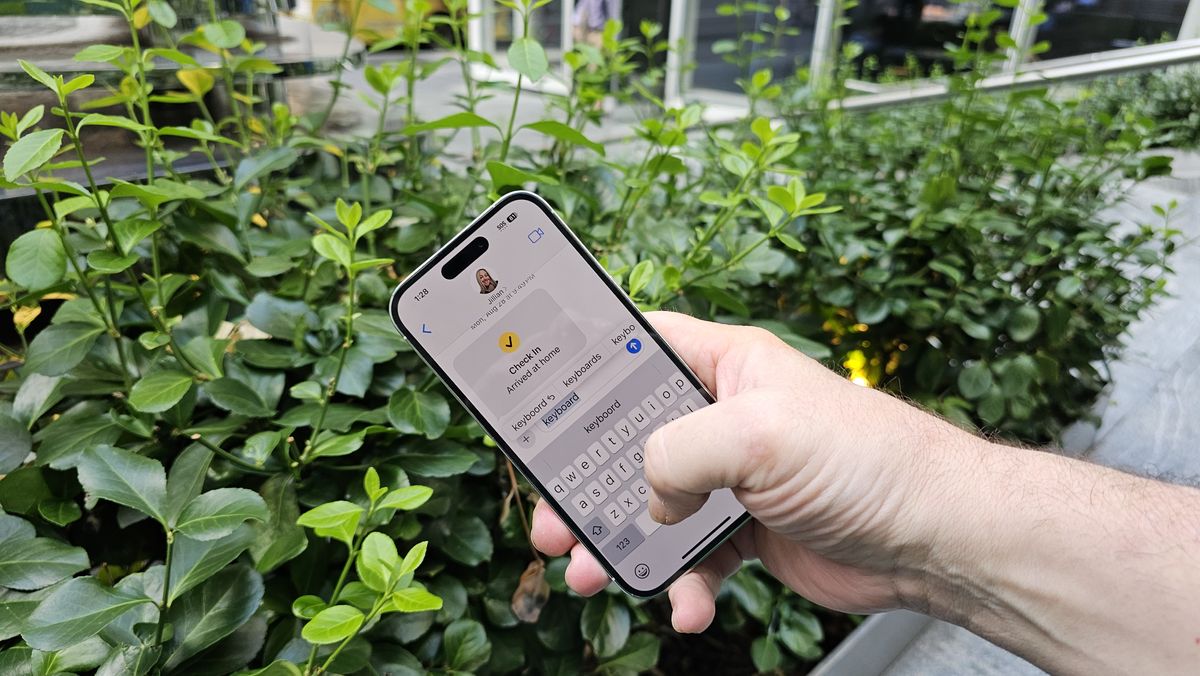Great news for monopolists: If you successfully swat away regulators for long enough, a new approach might come along and disrupt your monopoly status after nearly a decade of unfettered domination of your domain, thus rendering you not a monopoly despite enjoying all the benefits of one.
On Tuesday, Judge James Boasberg ruled that Meta did not create an illegal monopoly for social media platforms by acquiring Instagram and WhatsApp, in part because competitors like TikTok have cropped up in the intervening period.
The case, which is five years in the making and comes 13 years after Facebook bought Instagram and 11 years since it bought WhatsApp, failed because, according to the judge, the Federal Trade Commission failed to prove that Meta currently holds a monopoly over the social media advertising market. “Whether or not Meta enjoyed monopoly power in the past, though, the agency must show that it continues to hold such power now,” Boasberg said in the filing. “The Court’s verdict today determines that the FTC has not done so.”
That’s mighty convenient for Meta CEO Mark Zuckerberg, who pretty explicitly expressed a desire to dominate the space when they bought up its competitors. The FTC showed messages from the exec where he stated, “It is better to buy than compete,” and specifically said that “One way of looking at this is that what we’re really buying is time,” with the intention of integrating a competitor’s features “before anyone can get close to their scale again.” Those certainly sound like the words of someone who would like to control an entire sector, but because they weren’t able to hold onto it, it apparently doesn’t matter.
“While each of Meta’s empirical showings can be quibbled with, they all tell a consistent story: people treat TikTok and YouTube as substitutes for Facebook and Instagram, and the amount of competitive overlap is economically important,” Boasberg wrote in his decision. “Against that unmistakable pattern, the FTC offers no empirical evidence of substitution whatsoever.”
The judge also fairly identified that social media has changed since Meta’s multi-billion-dollar acquisition spree, shifting primarily to video, where apps like TikTok and YouTube do, in fact, dominate. To that end, he noted that “consumers are reallocating massive amounts of time from Meta’s apps” to its competitors, which ultimately “forced Meta to invest gobs of cash to keep up.” Not exactly a rousing endorsement of the quality of Meta’s products, but hey, they’ll probably take the harsh assessment in exchange for not having to sell off parts.
Meta is the latest of the Big Tech giants that have managed to avoid a truly punishing antitrust crackdown due to the rapidly changing landscape. Google, which was found to have a monopoly over online search, also managed to dodge the harshest of penalties because of the emergence of generative AI, which the judge overseeing that case posited could disrupt Google’s search dominance.










 English (US) ·
English (US) ·